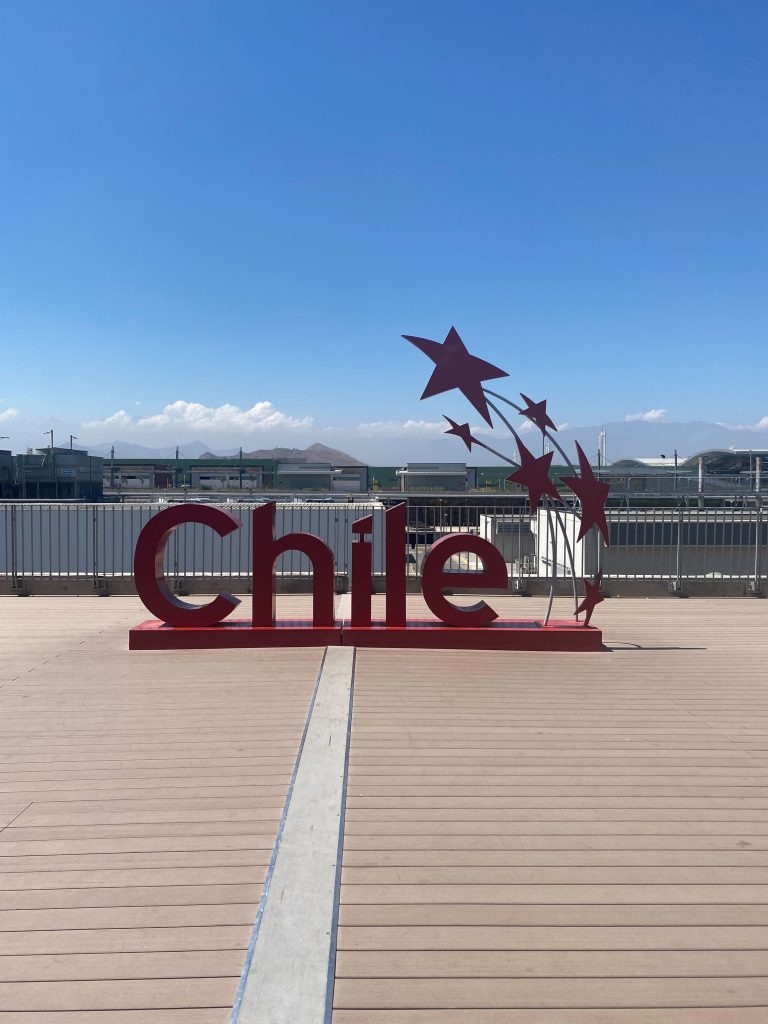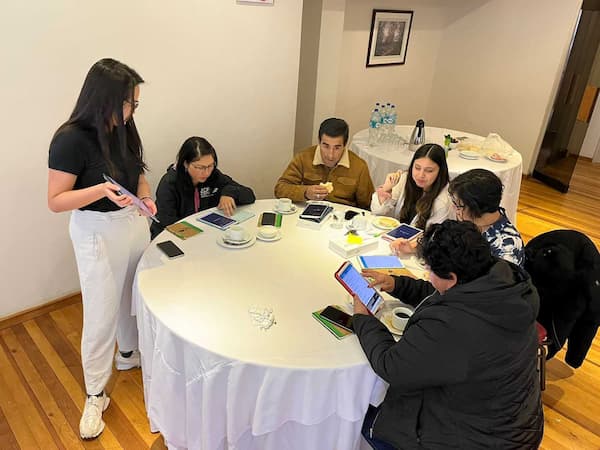We’ve been working with EDF Oceans on an artisanal fishery pilot project in Valdivia, Chile, and this spring, we travelled to Valdivia to meet the team and see the project in action.

Vericatch has been collaborating with the Environmental Defense Fund (EDF) on an artisanal fishery pilot project in Valdivia, Chile. As emerging markets become more aware of the need to implement catch reporting, they are looking for providers with products that are adaptable to the needs of their fishers. Our highly configurable FisheriesApp is a flexible catch data collection system that’s being used for this EDF project in Valdivia, Chile, as well as in pilot projects worldwide, and we recently had the opportunity to visit the team in Chile.
The goal of our visit was to train observers to use our software more efficiently to help optimize their fishery management. In this fishery, the observers record the fishing data rather than the fishermen themselves. Observers are usually individuals who are already fishery adjacent – they are wives of fishermen, ex-fishermen, or part of a fishing family so they understand the industry, the weather, and the local fishing habits and already have a good relationship with the fishermen.
The fishery in Valdivia includes five fishing coves where fishermen hail in and out. Each observer oversees one cove and records all the catch from their cove. The fishermen use fairly small boats as they don’t fish too far from shore. The ones who fish from the cove they observed sell some of their seafood to a fishmonger located right across the road from where they fish, while other fish goes to the fish market in downtown Valdivia.
Previously, observers recorded their fishing data on paper while fishermen were unloading their catch and then added it to the app when they got home. We modified the app to make it more effective in the field and used our trip as an opportunity to provide training for the updates to see if they made it possible for the observers to skip the time-consuming step of recording data on paper, which it did.

In a blog post by the EDF on using technology for climate-resistant fisheries, they say, “Smartphone apps and other technologies are also helping fishermen get a better price for their catch, empowering communities to engage in local marine resource management, and giving stakeholders a stronger voice in the policy process.” This aligns with Vericatch’s belief that catch data can help the commercial fishing industry around the world build economic, social, and environmental value, which they view as the three pillars of sustainability.
The impact and benefits of seeing the software in action, where and how it’s meant to be used, can’t be underestimated. It helps us understand how the app is used and how it can be improved. It’s also great for relationship-building and understanding the challenges facing the local industry.
By working with the EDF on this pilot project, we’re making strides to revolutionize the artisanal fishing industry in Chile and beyond. With technology like our FisheriesApp, we’re empowering fishermen and communities to better manage marine resources and build sustainable fisheries for generations to come.